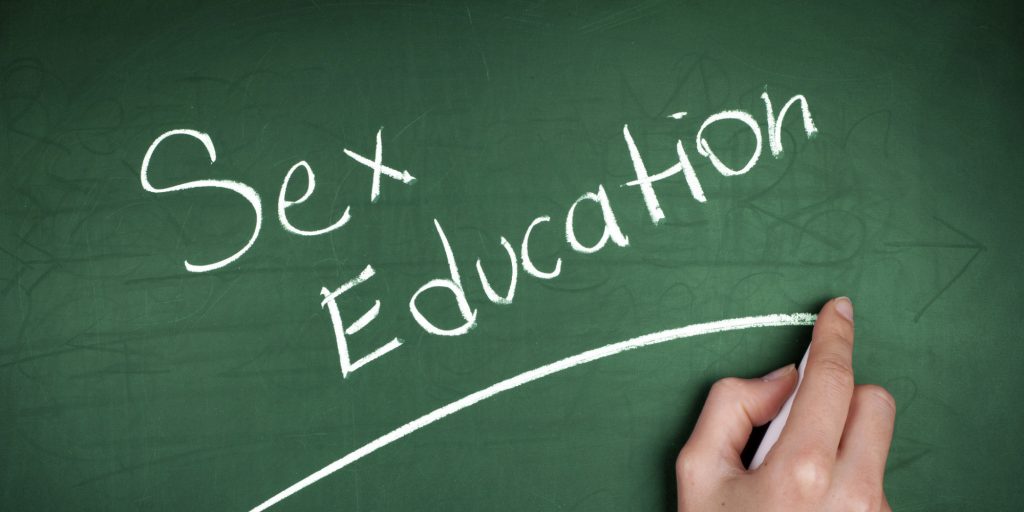
On Thursday (July 28, 2016), Alaska Governor Bill Walker outwardly refused to sign a bill which would tighten restrictions on sexual education, but allowed it to become a law sans script. In a prepared statement, he explained, “The bill may not be perfect, but as a whole, I believe the potential advantages to school districts due to the bill should be given the chance to work,” adding that he does believe some of the bill’s provisions had been previously misunderstood and that some of the impacts may still yet be uncertain, but both the school administration and state Legislation will continue to monitor the effects of this bill.
But what, exactly, is this bill?
Gov. Walker goes on to say, “I have heard concerns that important information on these sensitive topics will be withheld, but the bill does not compel that result. Instead, the bill’s provisions recognize the need for thoughtful and knowledgeable instruction on these subjects,” also saying that these new provisions are not actually that different from the current practice of the school district.
On the other hand, Planned Parenthood Northwest is not a fan of Walker’s move, equating it to failed leadership, and calling the bill “a crushing blow for comprehensive and medically accurate sexual health education in Alaska.”
PPH spokesperson, Jessica Cler, comments, “Every single guest speaker, every curriculum, and even every piece of paper being used must be individually prepared approved by each school board. This is designed to do one thing: block students from accessing the sex education they need on safe sex and healthy relationships.”
Regardless, HB 156 is going through, but it does provide more regulation than just the choosing of instructors. The bill also creates a list of new education requirements based on both testing and local control, saying that the state cannot require a school district to give a statewide standardized test until at least July 1 (2018), unless the federal government threatens to withhold that district’s funding.
Furthermore, the bill also requires that the Alaska State Department of Education compare and report student performance between Alaska schools and the schools of other states.
